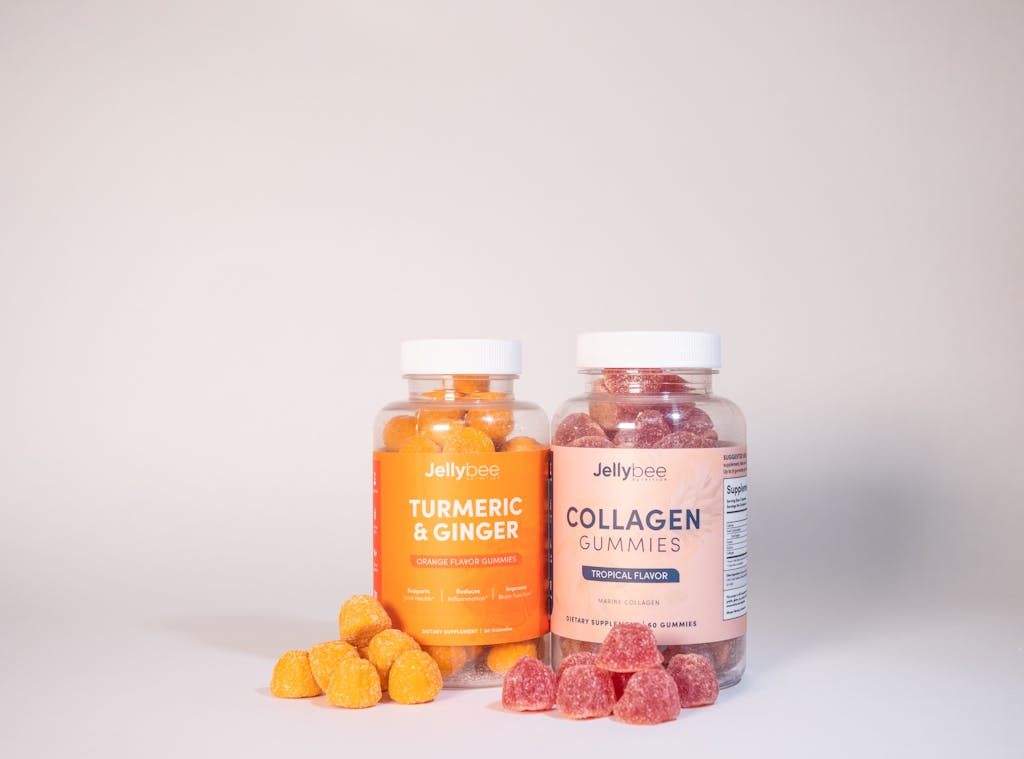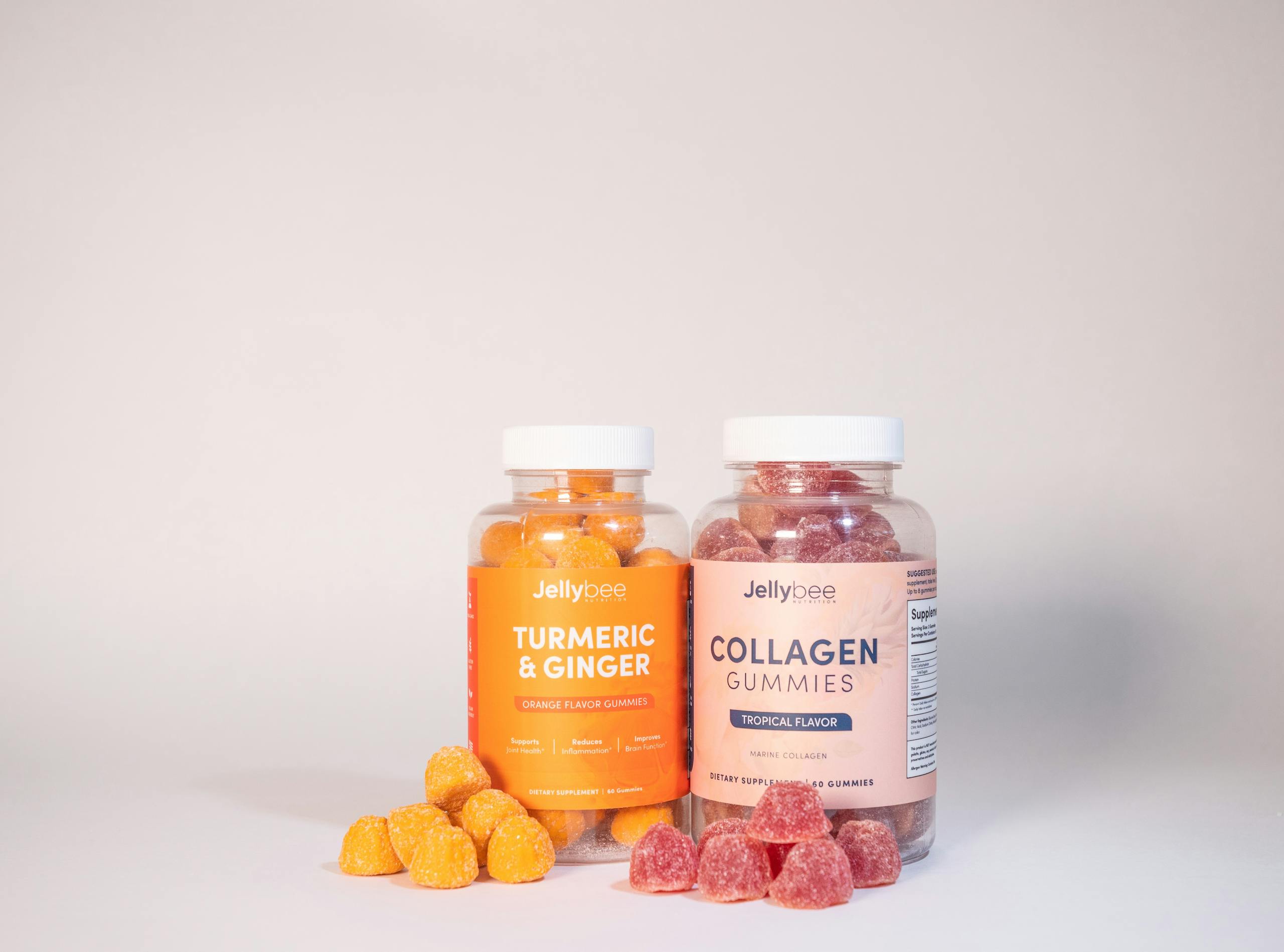Why Taking Supplements Is Not Bad and Is Necessary

In today’s health-conscious world, the conversation around supplements often generates debate. Many people believe that taking supplements is unnecessary or even harmful, labeling them as “unnatural.” However, the reality is quite different. Certain supplements are not only beneficial but also essential for maintaining optimal health.
The Essential Supplements
Research indicates that two of the most critical supplements for the general population are vitamin D and vitamin B12. Most individuals can benefit from taking 2,000 to 3,000 IU of vitamin D daily, a dosage that aligns with findings on the mortality curve related to vitamin D supplementation. This vitamin plays a vital role in supporting heart health, brain function, and maintaining healthy bones, teeth, and skin. Similarly, vitamin B12 can be safely taken daily without concern for toxicity, making it another essential nutrient.
The Argument Against Supplements
One prevalent argument against supplementation is the notion that if a diet requires supplements, it must be flawed. This perspective is particularly directed at plant-based diets, where deficiencies in specific nutrients like B12 and vitamin D can occur due to the lack of animal products. Critics often fail to recognize the broader implications of such claims.
Why should we consume animal products, which are linked to increased risks of chronic diseases such as diabetes, heart disease, and cancer, just to obtain a few isolated nutrients? Instead, taking supplements can offer a cleaner and more effective alternative. For example, if someone following a vegan diet finds themselves deficient in zinc, it would be more prudent to take a zinc supplement rather than consume animal products that could heighten their disease risk.
The Benefits of Tailored Supplementation
Moreover, supplements like DHA and omega-3s can be crucial for individuals who may struggle to obtain these nutrients through diet alone. For those who cannot effectively convert plant-based omega-3s, supplementing with a vegan DHA source is a smart choice, especially for pregnant women who require adequate DHA for fetal development.
The critical takeaway is to approach supplementation with a mindset focused on individual needs rather than adhering to misguided notions about what is “natural.” Just because something comes from a plant or an animal does not automatically make it healthier or more beneficial for everyone.
Conclusion
Taking supplements should not be viewed as an admission of failure in one’s diet; rather, it is a proactive approach to health. Supplements can fill nutritional gaps, especially in diets that may lack certain essential nutrients. So, when necessary, don’t hesitate to incorporate quality supplements into your routine. The goal is to support your overall health and well-being, and there is no shame in using every tool at your disposal to achieve that.
By being informed and making educated choices, you can ensure that your body gets the nutrients it needs to thrive.
For further details on this research, you can check out the studies conducted. Here are the links:
1. Plasma vitamin D and mortality in older men: a community-based prospective cohort study
2.Bioequivalence of Docosahexaenoic acid from different algal oils in capsules and in a DHA-fortified food
3. Efficacy of omega-3 fatty acid supplements (eicosapentaenoic acid and docosahexaenoic acid) in the secondary prevention of cardiovascular disease: a meta-analysis of randomized, double-blind, placebo-controlled trials
4. Essential n-3 fatty acids in pregnant women and early visual acuity maturation in term infants

Recent Comments